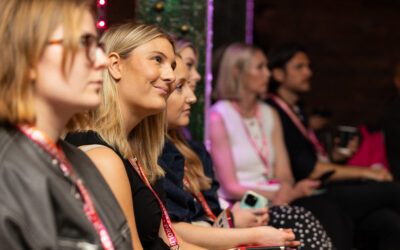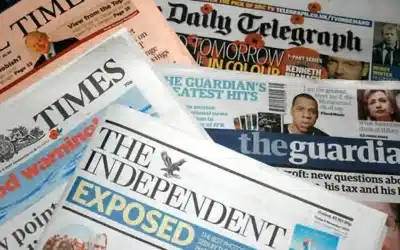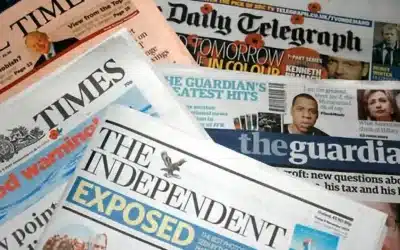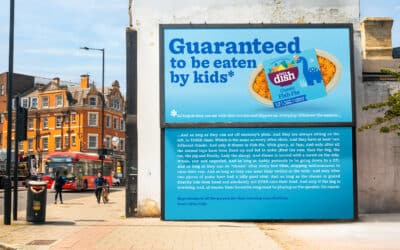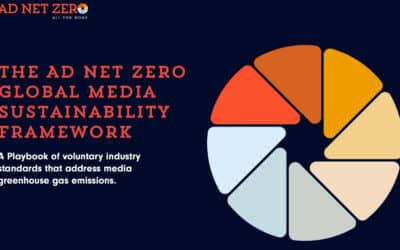Gavin Shore, Executive Director at McCann Leeds, argues that human creativity’s irrational, emotional nature is exactly what brands need to stand out in an AI-saturated landscape.
Is creativity losing its meaning?
For everyone’s sake, I hope not.
In the race to make creativity more competitive, the industry has created something far more threatening than the perfect agency: it made Al.
With just a prompt, Al can now write copy, generate images, produce films – even spark ideas. It’s tempting to believe creativity can finally be automated. But beneath this technological marvel lies a deeply human truth: artificial intelligence can generate creativity, but only human intelligence can give it meaning.
Creativity isn’t just an output. It’s human expression in its rawest form. It’s irrational, emotional, unexpected, radical – and that’s why it works. It’s more than communication; it’s how humans connect. Machines can process data, but they don’t feel heartbreak. They don’t understand the quiet pride of a parent, the sting of exclusion, or the joy of belonging. And because customers are human (for now), brands must focus on creating meaning, not just more content that’s too easy to ignore.
Brian Eno captured it perfectly in his 2015 John Peel Lecture: “Art is everything that you don’t have to do.” We have to eat, but we don’t need elaborate recipes, Michelin star restaurants or experimental chefs. We have to wear clothes, but we don’t need designer brands, couture fashion or trainer culture. And we have to communicate, but we don’t need art, music, poetry, brands or advertising. Yet we do all these things – because we are human, and that gives us meaning.
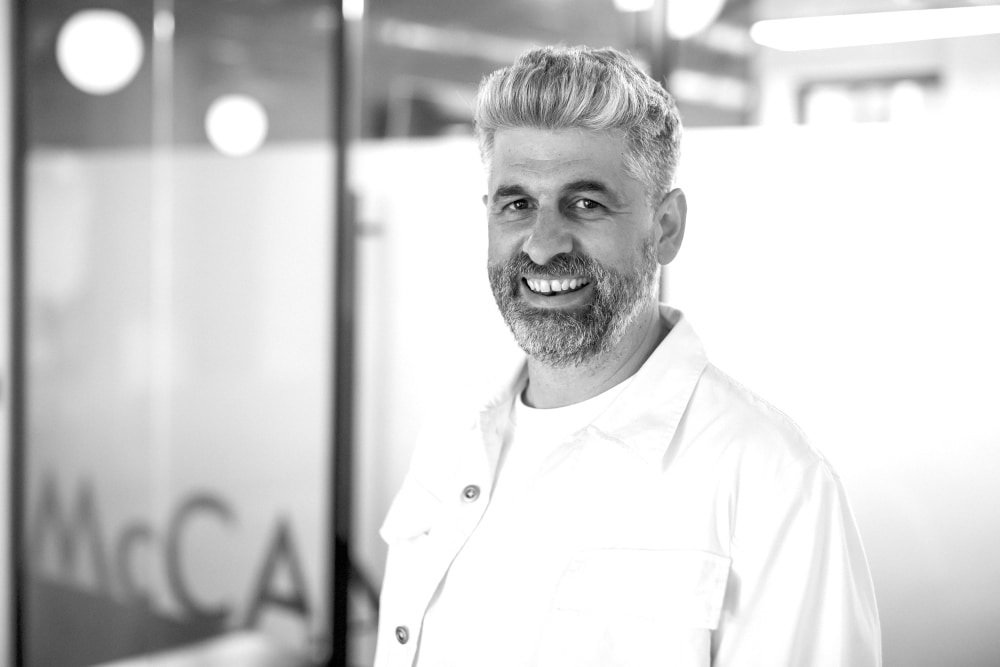
Truth is, brands exist to differentiate the products and services they sell But through advertising, they shape the culture around us.
In a world flooded with content, meaning is the filter. It’s what makes someone stop scrolling. It’s what makes a campaign memorable or a brand unforgettable. Al can remix what’s been done. But it takes human curiosity to ask, “What hasn’t been said yet?” or “What does this really mean to someone?”
I’m not brandishing my scalpel and metal ruler in a revolt against Al – it’s a redefinition of our role alongside it. We are curators, conductors, conscience. We decide what’s worth saying, and how best to say it. With over £24 billion wasted in the UK annually on advertising that simply gets ignored, it’s our responsibility as creatives, agencies, marketers and procurement to value work that’s irrational, emotional, unexpected, radical, and impossible to ignore.
If we automate creativity and make the process more transactional, we risk spitting out even more forgettable work – more crap to be ignored by more consumers. So, it’s irrelevant if it’s cheaper, or quicker or more for the money – it’s meaningless and worthless.
Because the value of creativity isn’t just about making things. It’s about making things mean something.
And that will always be a human endeavour.


